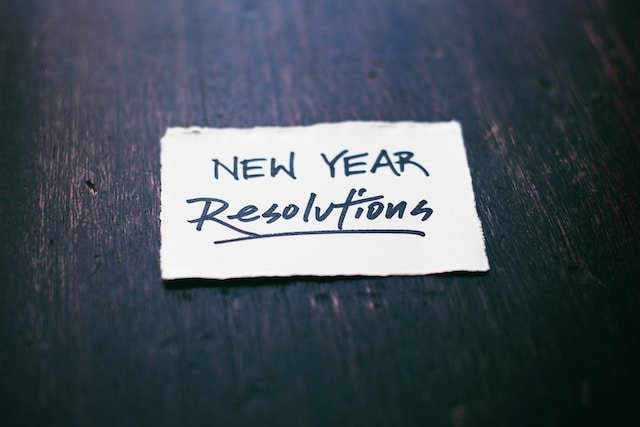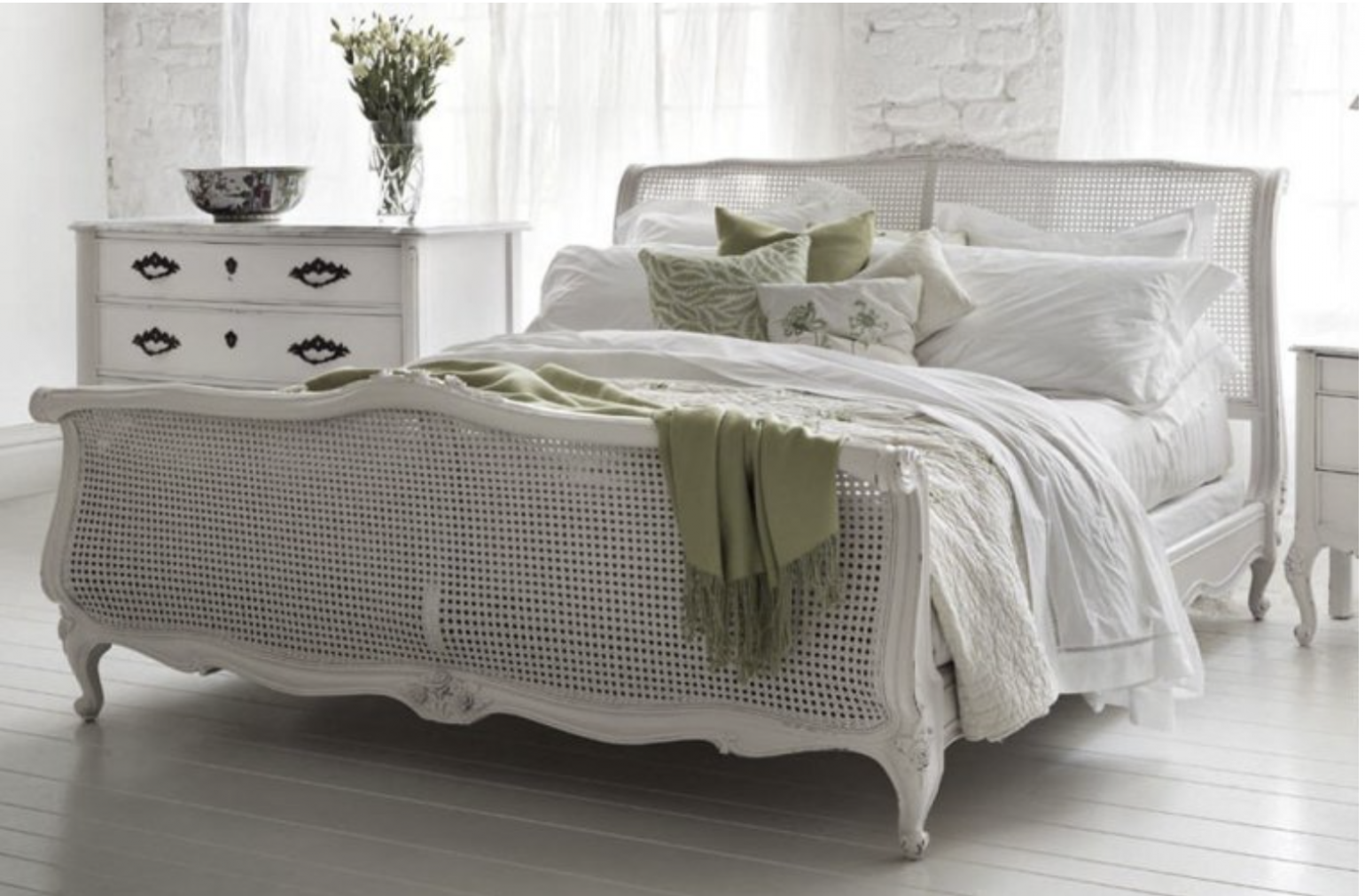Resolutions for 2024
With the start of a New Year, its the perfect opportunity to look at some positive changes that you can make for the coming year. Improving your sleep is the perfect place to start!

Why should I improve my sleep?
Getting a better night’s sleep is a relatively small change that you can make to help you have a happier and healthier, 2024. Adults who regularly get between 7 to 9 hours sleep every night tend to have a number of important benefits:
- Improved concentration and attention
- Strengthened immune system
- Reduced risk of heart disease and stroke
- Less likely to develop high blood pressure
- Reduced risk of dementia
- Reduced risk of diabetes
- Helps you keep a healthy weight
- Improved emotional and mental wellbeing
- Reduced stress levels
Simple changes you can make
Here are a number of simple changes you can make this year to improve your sleep.
Put down your phone 30 minutes before bed
How often do you intend to go to bed at a certain time, but end up scrolling through your phone for far too long before actually going to bed. Rather than procrastinating and delaying bedtime, put your phone down at least 30 minutes before you intend to go to sleep. This way you will not be distracted by social media or other doomscrolling and you will also help your body to produce melatonin (your sleep hormone) by not looking at bright screens before bed.
Is your bed comfortable?
With the start of a New Year it's a great opportunity to take a look at your bed and mattress and see if it is as comfortable as it could be. Mattresses have a finite lifespan and should be replaced around every 7 to 8 years. Similarly, pillows should be replaced every 1 to 2 years. Many people don't regularly refresh their pillows and mattresses which can mean they don't provide the comfort levels that they used to.
Also, if you have recently gained or lost weight since purchasing your last mattress, then you may require a firmer or softer mattress because of your new weight. Similarly, if you now have a bed partner but used to be single (or have even started sharing a bed with a child!) then your mattress may need to be refreshed to accommodate this new weight. If you have changed your sleeping style from a back sleeper to a side sleeper, for example, then your pillows may need to be changed to give you the right level of support for your new sleeping style.

Create a pre-bedtime routine
We tend to sleep better when we have a consistent pre-bedtime routine. Doing the same thing each night before going to bed can signal that sleep time is coming - preparing your brain and body for sleep.
For example, you could have a cup of sleepy tea, use a lavender pillow spray, take a relaxing bubble bath, read a book, do some evening yoga or even meditate before bed.
In the same way that we give young children and babies a bedtime routine (often consisting of a bath, milk, story and bed) as adults this can be helpful for us too.
Put the day to rest
If you go to bed without "putting the day to rest", then you may find yourself overthinking in bed about what happened during the day or what you need to get done the following day.
It's a great idea to get into the habit of writing down a list of the things that you plan to do the next day, or spending some time thinking about what went well and what could have gone better during the day, so that you don't find yourself doing this while in bed. I recommend doing this a couple of hours before bed, rather than immediately before getting into bed so that it isn't all fresh in your mind as you try to relax and drift off to sleep.
Block out light
We sleep better in darkness. Therefore, the New Year might be a good time to think about refreshing your curtains if they are too thin or let light through. Blackout curtains can stop almost all light egtting through. If you have electronic devices in your bedroom with standby lights (like a TV), then try to get into the habit of turning them off overnight. This will also save you money on electricity. You could consider using an eye mask to block out even more light as you sleep.
-
Posted by Dr Lindsay Browning
1st January 2024


